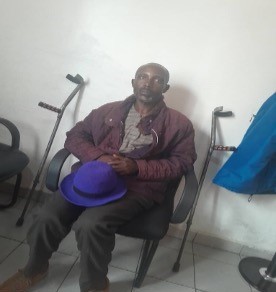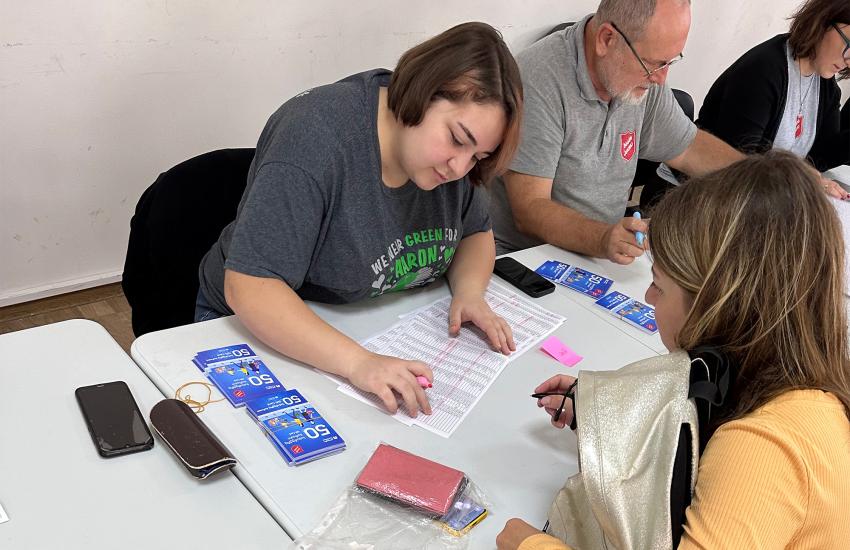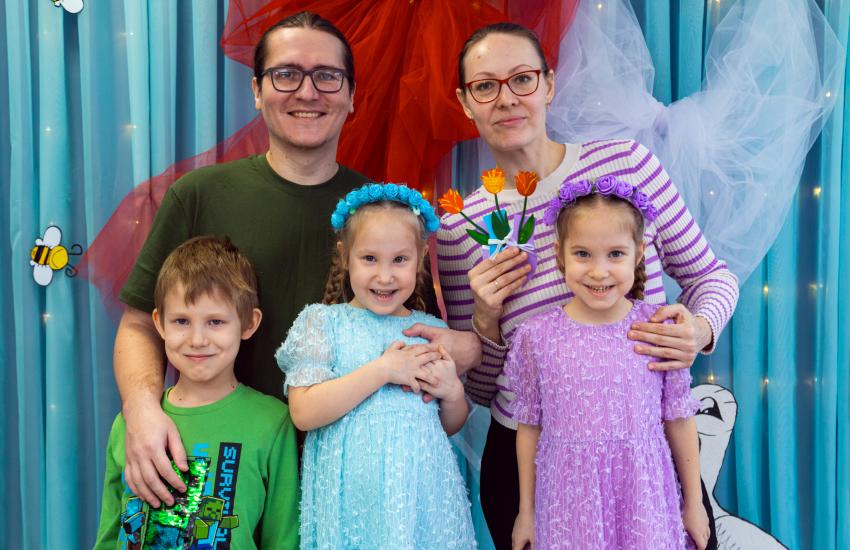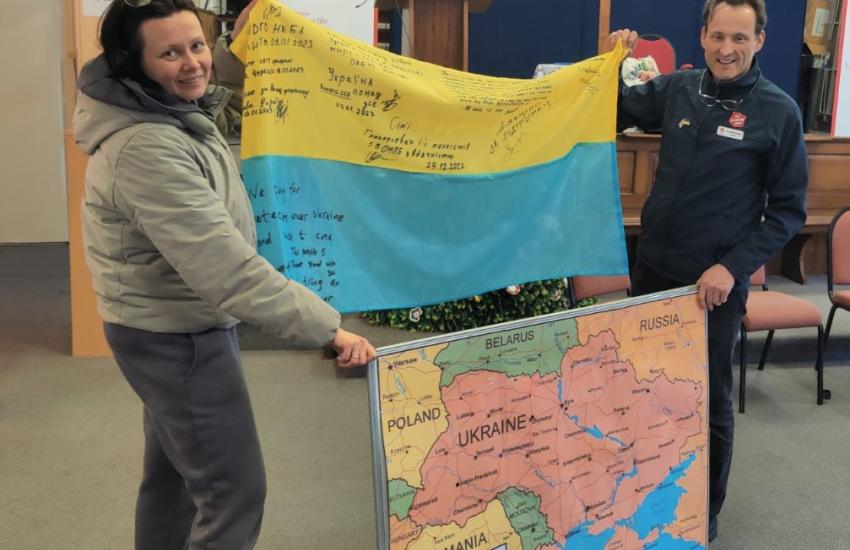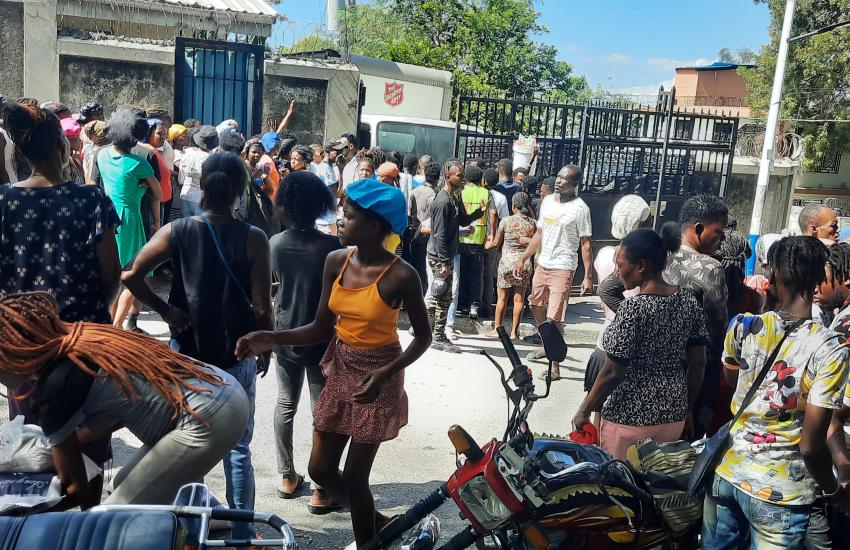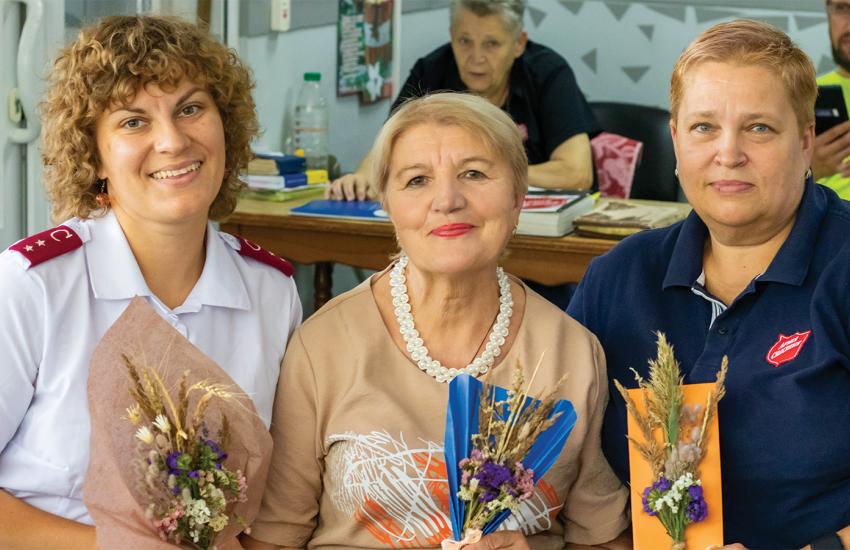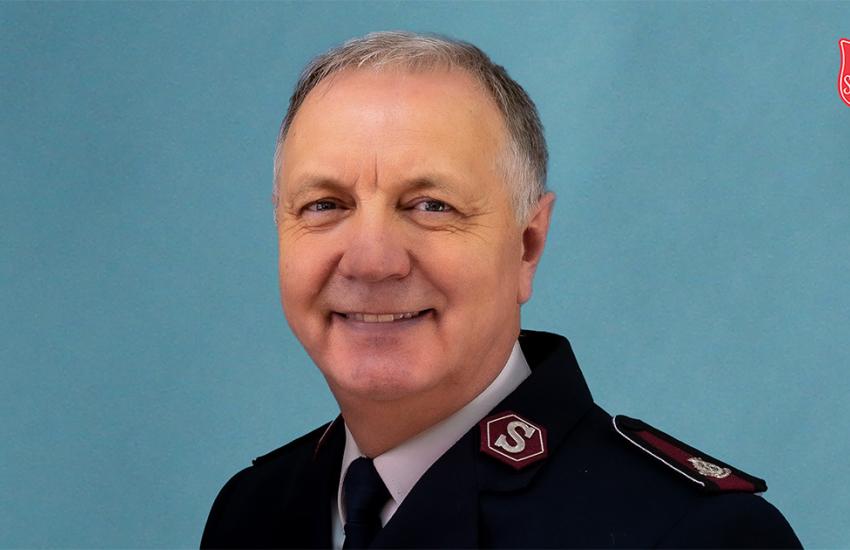Gashati is from a Tutsi community in the Democratic Republic of Congo, but currently lives in the Nkamira refugee camp in Rwanda, where he arrived in October 2024. He is the father of twins, who with their mother are sheltered in another camp.
Gashati’s life has been shaped by pain and repeated displacement. He has experienced exile twice. The first time was in 1996, when he fled to Rwanda with his parents and siblings. At that time, they were being persecuted by Hutu militias who had fled from Rwanda after the genocide and who began stealing cattle and attacking Tutsi communities in Congo. On arriving in Rwanda, Gashati and his family were first received at Nkamira camp and later transferred to Mudende camp.
However, peace did not last in Mudende. In 1998, rebels attacked the camp, killing Gashati’s parents and many of their cows. Only five cows remained. Feeling unsafe even in Rwanda, he chose to return to the DRC in 2002 to care for those remaining cows. He settled in a place called Mahanga in Masisi, and over time, his herd grew to 27 cattle.
In 2015, Gashati’s life took another tragic turn. He was abducted by FDLR rebels simply for being Tutsi. The rebels beat him severely; some abductees died from the torture. Gashati survived but was left seriously injured – he could no longer walk and had become disabled.
Fortunately, Gashati had lived near a community of Bahunde people in Masisi. These neighbours, moved by compassion and past friendships, came searching for him and negotiated with his captors for his release. These Bahunde neighbours cared for him, escorting him through dangerous territory, paying bribes at roadblocks, and ensuring he reached the Rwanda-Congo border alive.
Today, Gashati has no job and no cattle left, but he is deeply grateful to be alive. Reflecting on his experience, he says: ‘I had lost all hope, but the Bahunde treated me like family. They looked beyond ethnicity and saved my life. I still thank them to this day. Now, I only pray for peace and reconciliation in my country, Congo.’
